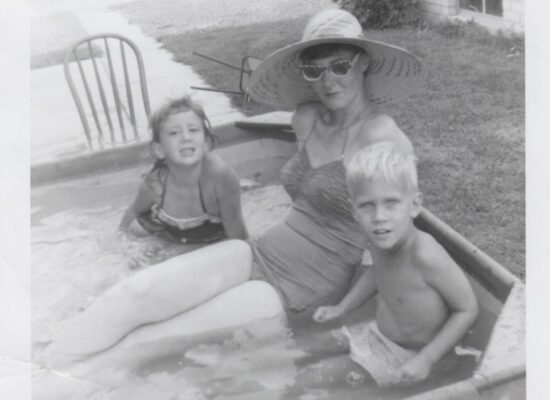Balancing my personal life and my creative endeavors is a challenge for me, a losing battle much of the time. Often, I make it worse by focusing on what I’ve left undone instead of what I have accomplished. That’s when the rant in my head begins, the name calling on a continuous loop—an endless list of words that help me tear myself down when I haven’t done enough, giving my inner critic the power to make me believe I’m not good enough and never will be.
Many writer friends and I discuss this downward spiral that appears when things get in the way of our work, a bottomless pit that sucks us in and sabotages our work. We talk about ways to shift this destructive pattern. Is the answer trying to get more done? Or is it as simple as a change in our perspective?
How can I better manage my time for working on creative projects with my family responsibilities and social commitments? I have an enthusiasm that just won’t quit for any social project or event that comes my way. It has been a lifelong struggle for me to focus—to discern—to just say “NO!” to these activities that would sidetrack me away from my writing. As with Jane, I have tried any number of tricks and techniques using time management and organizational skills to stay on track. I’m still working on it. And life keeps getting in the way.
If I focus on my inability to get things done, it affects not only my mood, but also my productivity. What might happen if, instead, I focus on my successes? The glass half full argument. As a writer, I can view my own time, money, talent, creativity, clarity, passion and fortitude as scarce or abundant. Sometimes reality and perception is far apart.
The dictionary offers numerous words to argue for the negative point of view. On a bad day I can feel needy, deficient, poor, lacking, wanting, impoverished, indigent, destitute, a pauper. When resources are limited, they are meager, inadequate, insufficient, negligible, scant, exiguous, piddling, measly and paltry. I can see myself as defective, faulty, flawed, inferior, second-rate. It’s appalling. So many words to degrade myself.
In contrast, I can relish in my abundant, plentiful, profuse, copious, ample, rich, lavish, abounding, generous, bountiful, overflowing, prolific, teeming, plenteous, resources galore!
The point is, how I label myself can encourage and support my creative process or discourage my writing. If I become dishearten, I will scare off any hope of success. It really is up to me. My choice is to work daily to change my inner recordings, to let go of the former list in order to instill the latter.
So forgive the exuberance of my own verbosity—words my fourth grade teacher wrote out for me to read the next time my father used a fifty-cent word at the dinner table. He often bated me with an uncommon phrase and my curiosity pushed me to ask its meaning. Instead of simply answering the question, Dad would order me to leave the dinner table to fetch a dictionary (this was back in 1960), read the definition and use the word in a complete sentence. This happened on a regular basis.
Luckily, in spite of Dad’s pranks and my brothers’ teasing, I developed a passion for words. Even though Dad was tough on me, his innate ability to weave a new tale at every family gathering inspired me to write, and still does even though he died before I committed to writing as my life’s work. Memories of my family affects me in ways I didn’t understand until I began to write about them. So, thanks Dad for all the words. I’ll try to put them to good use.
As for finding time to write, I’m learning to be easy on myself when events like the upcoming holidays keep me from finding the quiet time I need to be productive. I’m always working on my stories in my head and scouting out any opportunity to wrangle a few words into a new or in process piece, whether it be a poem, short story, new scene for one of my books, or a blog like this one.
If techniques or tools come to mind, things that help you manage your time and accomplish what’s important, please share it in a comment.



